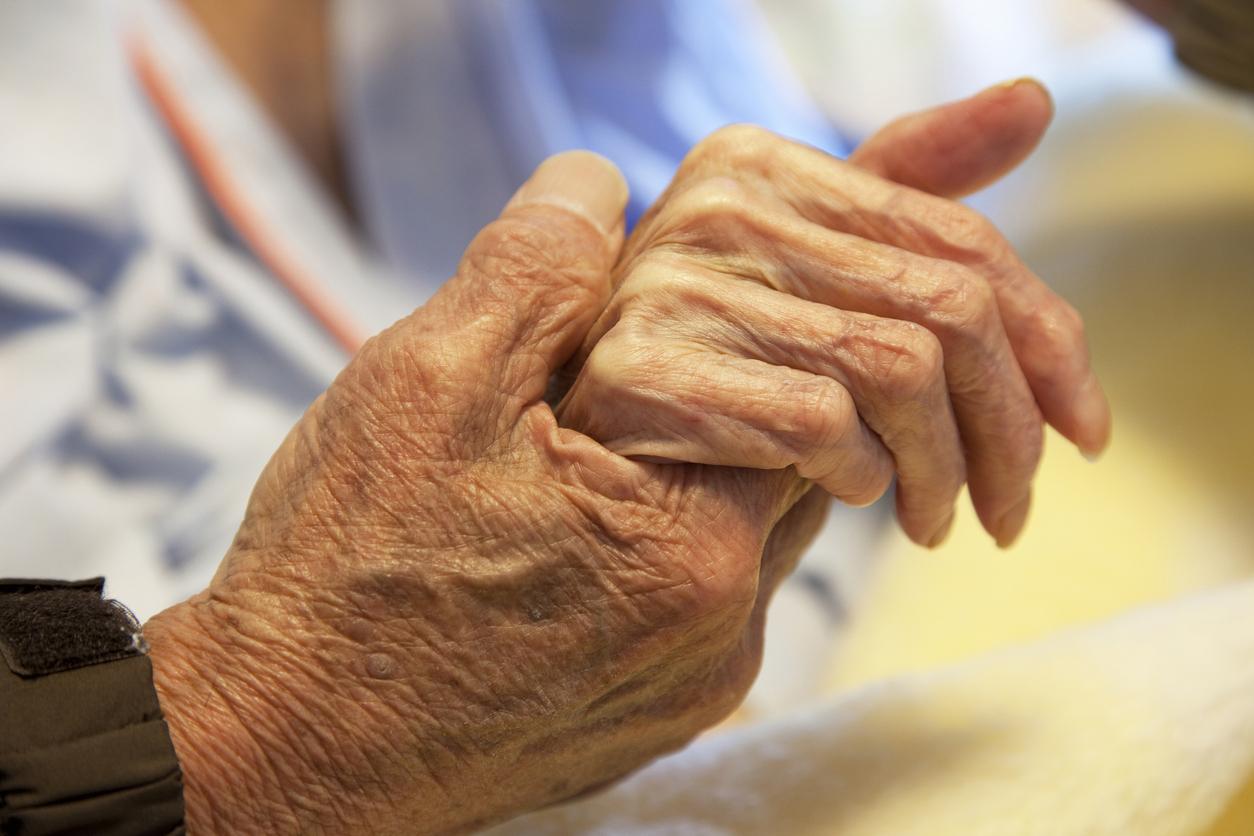The text was to be presented to the Council of Ministers at the end of 2023. But a new timetable has been announced while this subject continues to spark debate. Especially since a report on a ten-year end-of-life support plan intended to improve the palliative care system also raises questions by establishing a continuum between care and death.

- The end-of-life bill should be presented to the Council of Ministers in February 2024.
- Debates in Parliament on this text could last up to 18 months.
- A report outlines a ten-year plan for supportive care intended to improve the current palliative care system.
The law on end of life and assisted suicide announced since the submission of the citizens’ convention report in April 2023 will not be effective before 2025. The text should only be presented in February 2024 after a final arbitration by the President of the Republic and, according to the Minister Delegate Agnès Firmin-Le Bodo, “it will require at least 18 months of debate in Parliament”.
However, some details on its content have just been given on the three possible options, that of assisted suicide authorizing the person at the end of life to administer a lethal product, that of involving a caregiver in the administration of this product known as euthanasia active (even if the term euthanasia does not appear in the first elements of the bill), and that of suicide assisted by a third person, caregiver or close to the patient, if the patient cannot carry out the gesture himself .
Controversy over the notion of “reverse first aid”
A controversial point has also emerged on the notion of “first aid in reverse” which would involve involving a caregiver “in the event of an incident during the administration of the lethal product” in order to “hasten death by limiting suffering”. If the project provides for a “conscience clause” allowing doctors and caregivers to refuse such an intervention, this notion of “first aid in reverse” has caused many doctors to react when their Order has already declared itself “unfavorable” to participation in “a process which would lead to euthanasia” according to the principle linked to the commitment of doctors teaching that “killing is not treatment”.
But beyond these gestures concerning the end of life, it is also the communication of a report on the implementation of a ten-year strategy on palliative care, a subject presented as “the second constituent part of the French model of support for my end of life” which also rekindles the debate.
From palliative care to “supportive care”
This report produced by a body chaired by Professor Franck Chauvin, public health doctor, proposes the installation of a sort of continuum between palliative care and death with the main proposals being the possibility for the patient to enroll in a “personalized supportive care plan” upon announcement of an illness that could lead to death, a plan integrating the expression of advance directives, the creation of “support homes” to adapt the care of people at the end of life and their entourage and the creation of mobile support teams in all territories.
“Do these provisions aimed at replacing palliative care with supportive care foreshadow the inclusion of euthanasia and assisted suicide in the range of care?”, several doctors’ unions and caregiver associations question themselves in a joint press release released on December 14. A text which also underlines their concern about the possibility of recourse to euthanasia which could be practiced by a third party who could be a “close” of the patient, a possibility which, according to the signatories, “approximates the most permissive models”.
Reservations which herald long debates concerning this law on end of life and assisted suicide, a subject which is already far from unanimous among the political class.
















